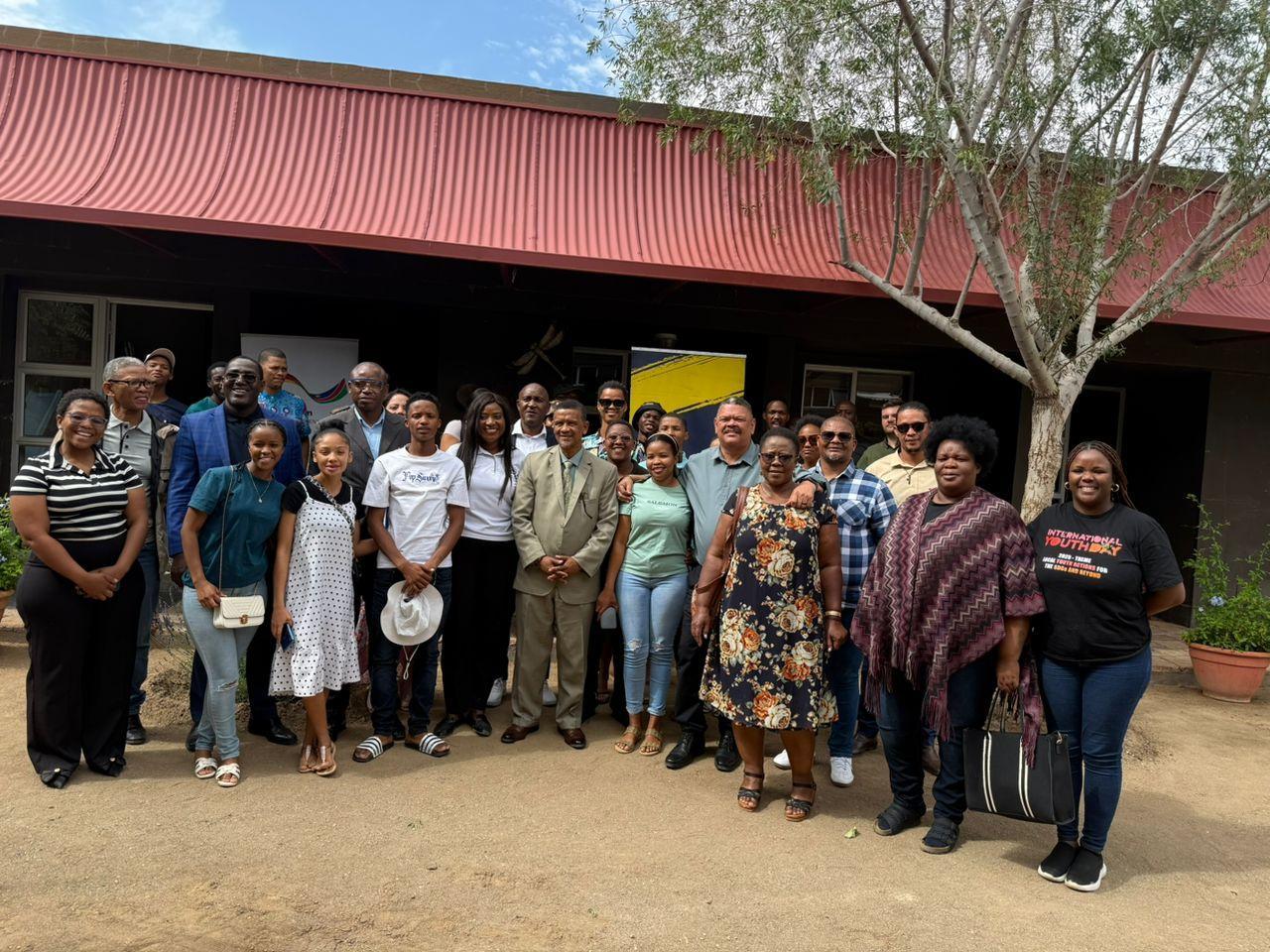Africa-Press – Namibia. The Namibia Training Authority (NTA) on Friday held a consultation on its Work Integrated Learning (WIL) regulations in the //Kharas region.
The exercise forms part of national stakeholders’ consultations across the country on WIL.
The consultations are aimed at soliciting inputs from stakeholders at grassroot level, which will then be integrated into the bill before being adopted as a national document for the approval from the Minister of Education, Innovation, Youth, Sport, Arts and Culture.
It will then be gazetted accordingly for its respective implementation in the Technical and Cocational Education and Training (TVET) sector. In his opening statement, regional governor Dawid Gertze expressed his utmost worry over the absence of employers at the event.
“Employment does not only entail hiring and paying salaries, but in essence plays a big role in processes likes this, forming part of the country’s national development goals,” he emphasised.
Gertze urged the youth present to start taking control of processes to ensure a smooth transition at the end of the day, rather than depending on the old guard.
When addressing the audience representing diverse sectors and expertise from across the //Kharas region, he said their presence underscores the nation’s collective commitment to forging a more skilled, resilient and prosperous Namibia. “These draft regulations are not merely a bureaucratic exercise. They are a cornerstone of our national development strategy, meticulously crafted in alignment with the imperatives of the Sixth National Development Plan, (NDP6), the National TVET Policy of 2021 and the nascent Draft National Policy on the WIL of 2024, “ said the region’s first citizen.
The politician continued: “This comprehensive framework aims to bridge the gap between theoretical knowledge and practical application, ensuring that our TVET graduates are not only academically proficient but also industry-ready and equipped to meet the evolving demands of our economy”.
He said this is particularly crucial as Namibia embraces and supports the transformative emergence of new sectors such as Green Hydrogen as well as burgeoning oil and gas industries.
“It is imperative that our WIL programmes proactively integrate career fields relevant to these cutting-edge developments, thereby empowering the region, in particular, to capitalise on these opportunities, foster local talent and drive sustainable economic growth,” he said.
In his contribution, Tobias Nambala, NTA general manager for TVET regulations, said the ongoing national consultations on the Draft Work-Integrated Learning Regulations constitutes a pivotal stage in operationalising Namibia’s policy commitment to strengthen the linkage between technical and vocational education and the labour market.
“The intent is to validate the technical soundness, institutional relevance and implementability of the proposed provisions prior to their gazetting and formal adoption.
Spelling out the benefits of WIL at policy level, he said it facilitates the systematic integration of theoretical instruction with supervised workplace experience, thereby improving the employability of graduates and ensuring that training outcomes are consistent with occupational standards and employer expectations.
He reminded stakeholders that their inputs, particularly from employers, sector bodies and training providers, are critical to ensuring that the regulatory framework is not only technically robust, but also implementable across diverse institutional and economic contexts.
The Namibia Training Authority, acting under its legislative mandate, has led this process in collaboration with the Meiysac, with technical support from GIZ.
For More News And Analysis About Namibia Follow Africa-Press






